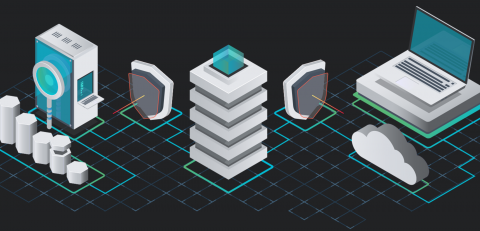USE, RED and real world PgBouncer monitoring
Brendan Gregg’s USE (Utilization, Saturation, Errors) method for monitoring is quite known. There are even some monitoring dashboard templates shared on the Internet. There’s also Tom Wilkie’s RED (Rate, Errors, Durations) method, which is suggested to be better suited to monitor microservices than USE. We, at okmeter.io, recently updated our PgBouncer monitoring plugin and while doing that we’ve tried to comb everything and we used USE and RED as frameworks to do so.











